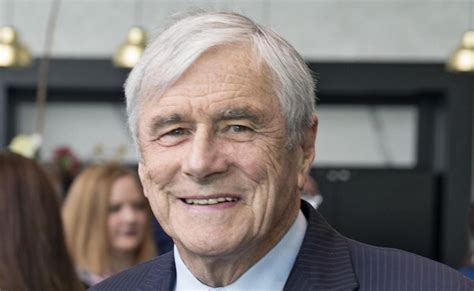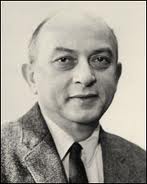A Quote by John Locke
Our Business here is not to know all things, but those which concern our conduct.
Related Quotes
It ought to concern every person, because it is a debasement of our common humanity. It ought to concern every community, because it tears at our social fabric. It ought to concern every business, because it distorts markets. It ought to concern every nation, because it endangers public health and fuels violence and organized crime. I’m talking about the injustice, the outrage, of human trafficking, which must be called by its true name - modern slavery.
Ethics or simple honesty is the building blocks upon which our whole society is based, and business is a part of our society, and it's integral to the practice of being able to conduct business, that you have a set of honest standards. And it's much easier to do business with someone when you look them in the eye and say, "This is what we're going to do," and you understand what you each mean, and you can go away and get it done.
The love of God again makes us free, for it draws us to set a low value on those things wherein we are subject to others - our wealth, our position, our reputation, and our life - and to set a high value on those things which no man can take from us - our integrity, our righteousness, our love for all men, and our communion with God.
A large part of our attitude toward things is conditioned by opinions and emotions which we unconsciously absorb as children from our environment. In other words, it is tradition—besides inherited aptitudes and qualities—which makes us what we are. We but rarely reflect how relatively small as compared with the powerful influence of tradition is the influence of our conscious thought upon our conduct and convictions.
You are worried about what man has done and is doing to this magical planet that God gave us. And I share your concern. What is a conservative after all but one who conserves, one who is committed to protecting and holding close the things by which we live...And we want to protect and conserve the land on which we live - our countryside, our rivers and mountains, our plains and meadows and forests. This is our patrimony. This is what we leave to our children. And our great moral responsibility is to leave it to them either as we found it or better than we found it.
Our dangers, as it seems to me, are not from the outrageous but from the conforming; not from those who rarely and under the lurid glare of obloquy upset our moral complaisance, or shock us with unaccustomed conduct, but from those, the mass of us, who take their virtues and their tastes, like their shirts and their furniture, from the limited patterns which the market offers.






































